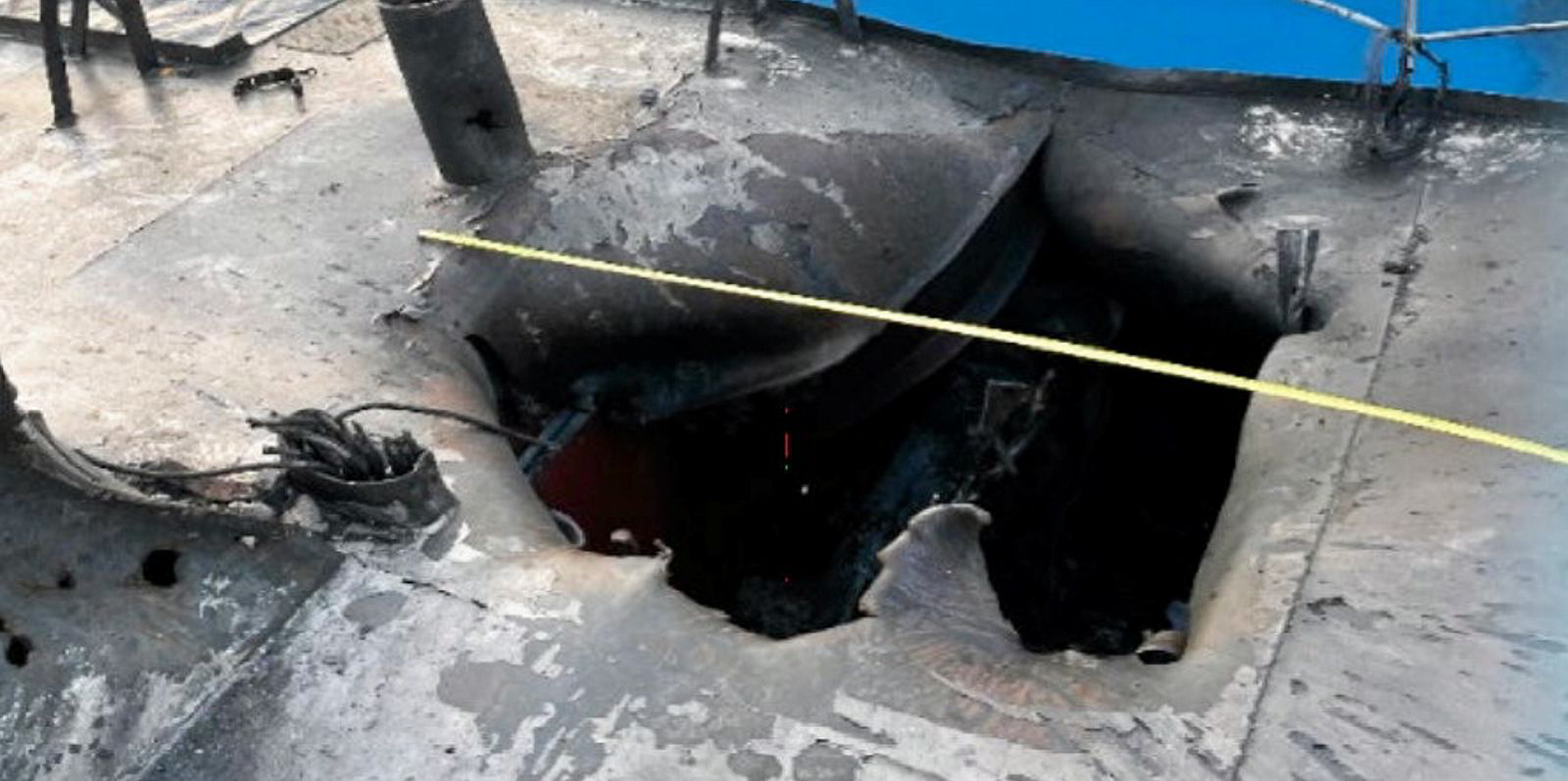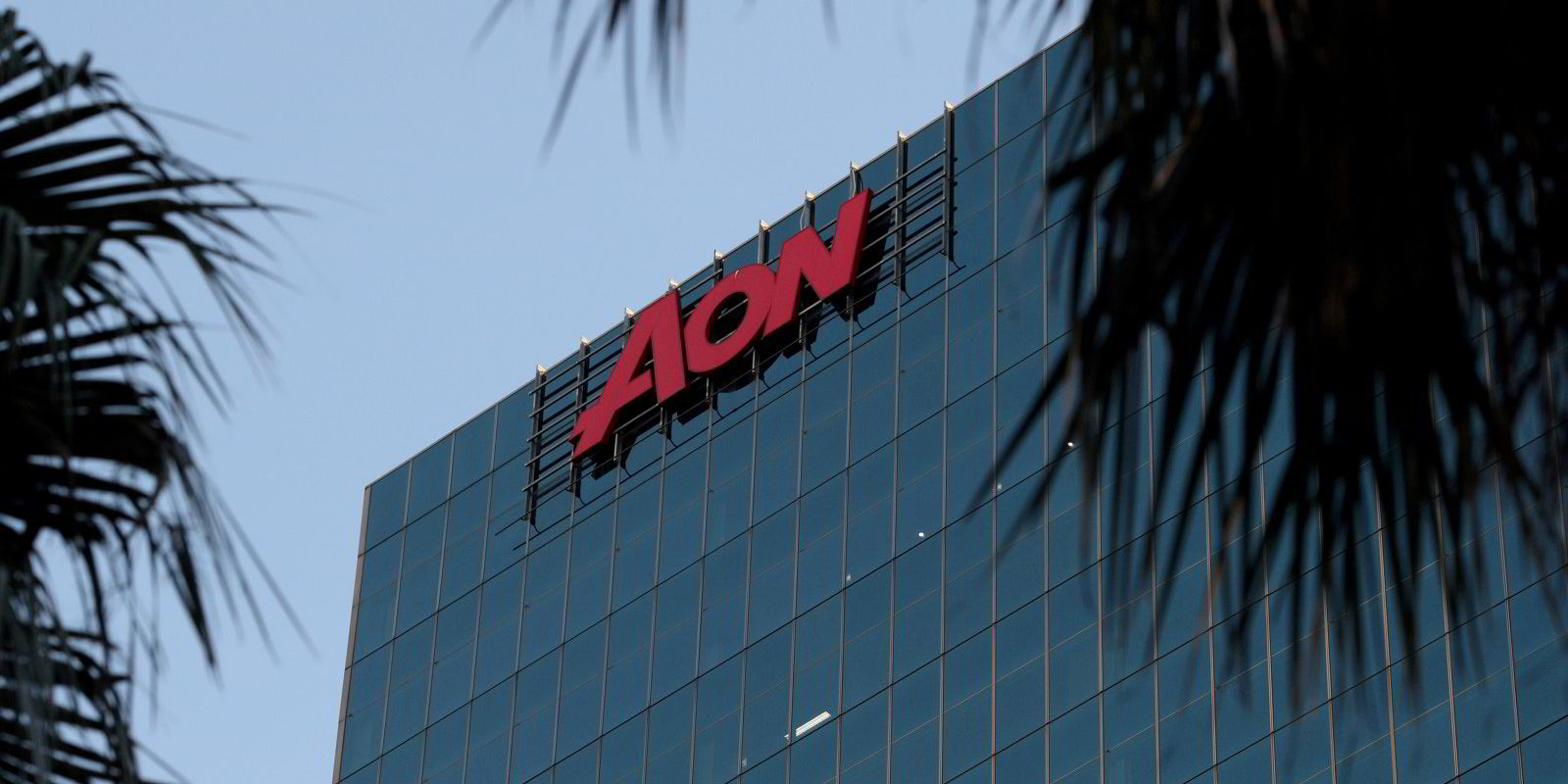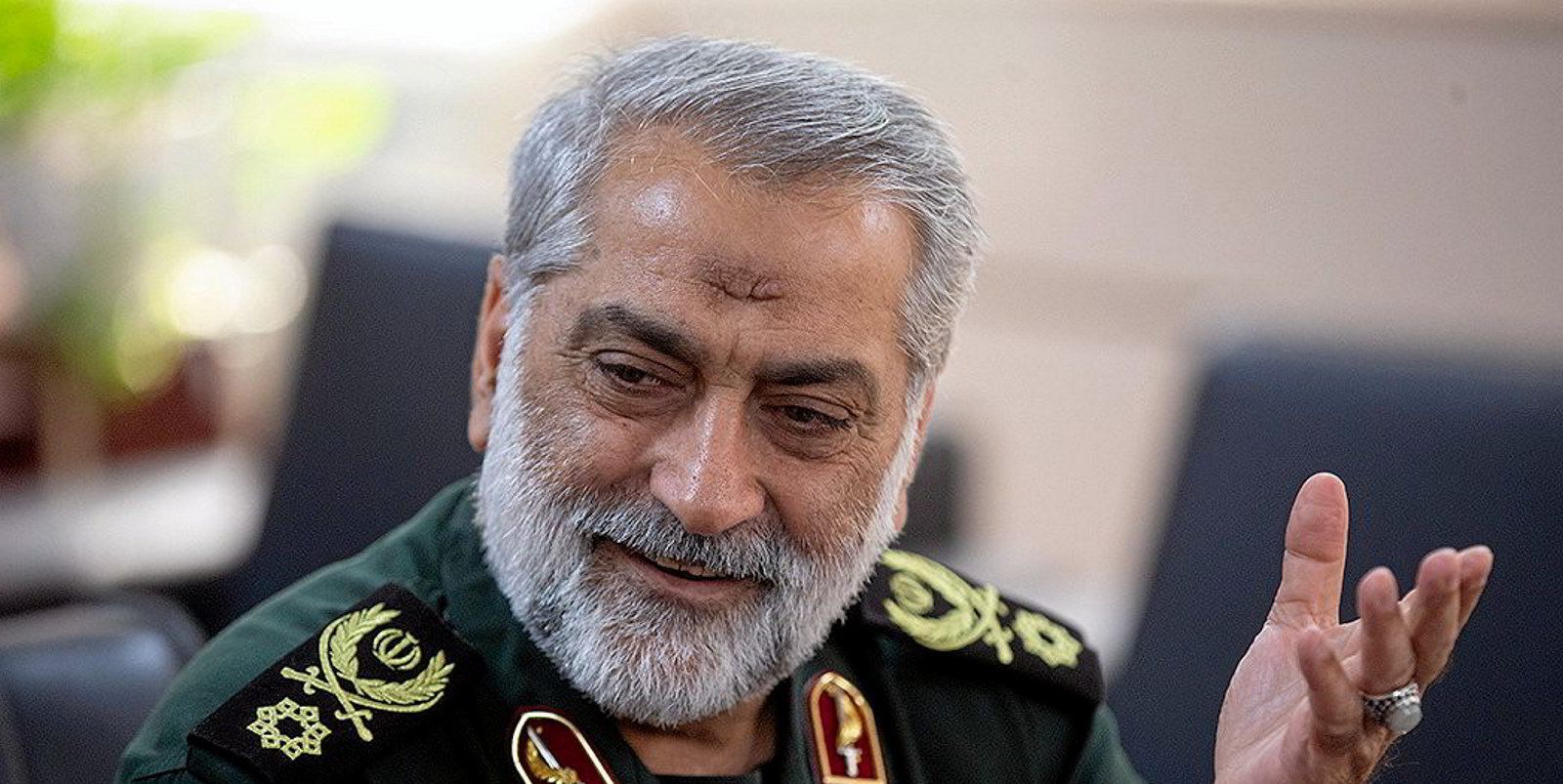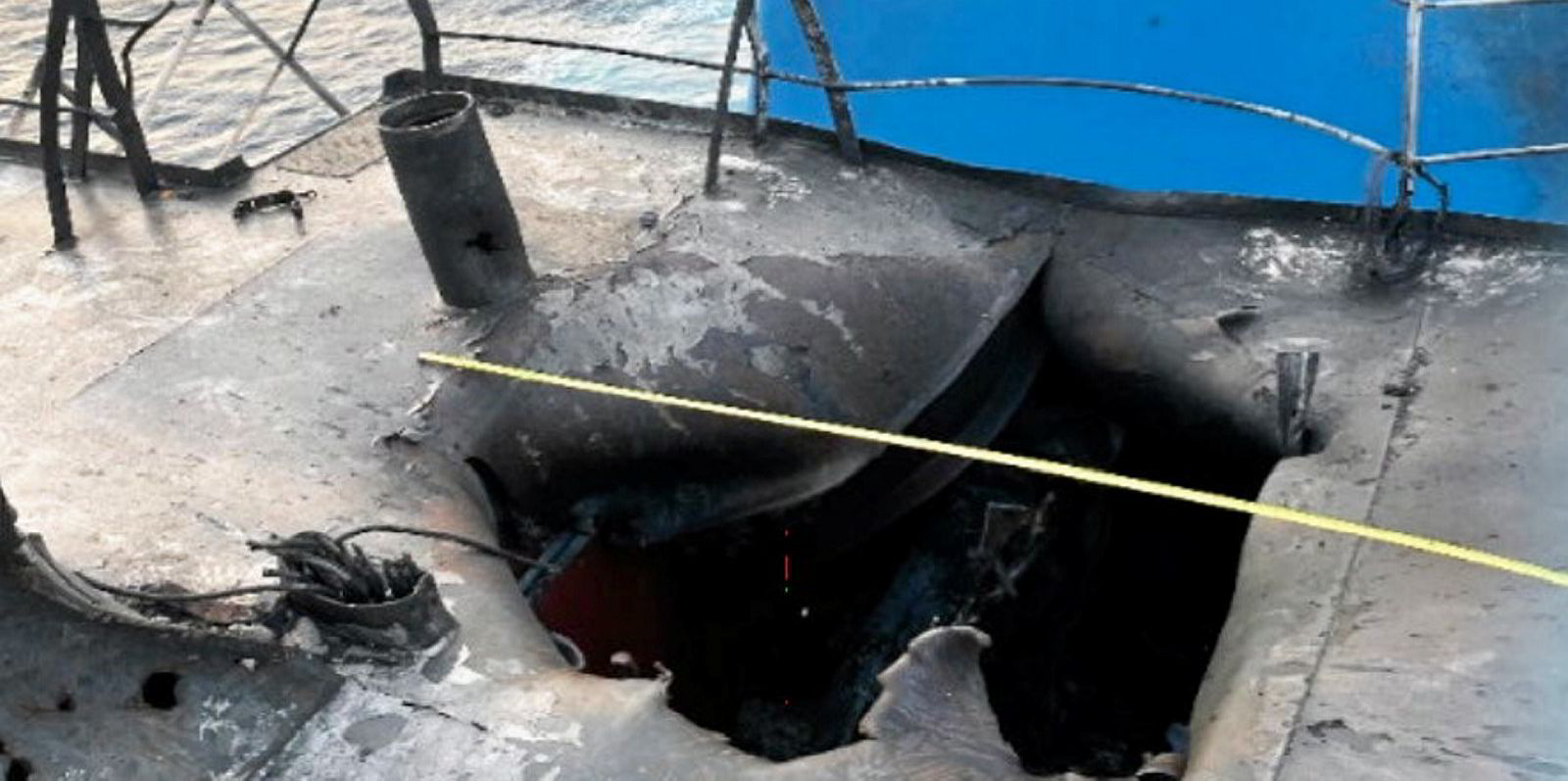Geopolitics is emerging as a major threat to shipping, according to the former head of the British Intelligence Service (MI6), speaking at an event arranged by insurance broker Willis Towers Watson.
Sir Richard Dearlove, ex-MI6 head and non-executive chairman of Ascot Underwriting, said shipping is increasingly exposed to state and non-state-sponsored terrorism.
“Geopolitics is back with a vengeance in our insurance world and in all areas of business,” he said.
“I say back because, before the financial crisis of 2008, you would not have heard so much about geopolitics as you are hearing now, and what we have witnessed is a significant rise in the influence of government decision-making.”
Dearlove’s comments follow the fatal drone attack on the 49,992-dwt tanker Mercer Street (built 2013) off the Gulf of Oman, which was blamed on Iran.
He warned that modern shipping could find itself as the next victim of a major terrorist attack. He pointed out that boxships are particularly exposed because of the size of modern containerships and the lack of security monitoring.
“If, as a result of what has happened in Afghanistan, we see a rise in global terrorism, which is a possible follow on — particularly terrorism which has some governmental backing — the whole business of containerisation creates some quite sinister terrorism options and possibilities,” he said.

The nightmare scenario described by Dearlove is an explosive device loaded onto a container that is then delivered into a major port.
Rise of China
Dearlove said the rise of China as a major maritime power is posing a particular threat to shipping.
He said the country is building up its maritime industry “to an extraordinary degree and clearly has an ambition to establish a dominant commercial position”.
It is also strengthening its navy at a time when it is attempting to enforce territorial claims in the South China Sea.
From this September, China will require ships passing through the South China Sea to identify themselves to the Chinese authorities in what appears to be an attempt to impose Chinese law in the region.
Choke point
“It remains to be seen whether China is just making a gesture or will actually try to enforce these rules so that shipping companies are forced to recognise, by their actions, its territorial water claims,” Dearlove said. "We are talking about some of the busiest sea routes in the world."
But he said the most dangerous “choke point” for the shipping at the moment is the Strait of Hormuz.
“You have continuing tension between Iran and Saudi Arabia, a new hard-line leadership in Iran, and I think that dispute will escalate, it has yet to come to a head,” he said.
“The Iranians are very good at intervening with the safety of shipping and then denying that it is them.”
As shipping increasingly digitalises, he said another potential threat comes from cyber-attack.
“We have to bear in mind how we strengthen our protection, not just the physical protection against piracy, but the technological protection of ships against malign players, whether they are governmental or non-governmental and purely criminal,” he said.







